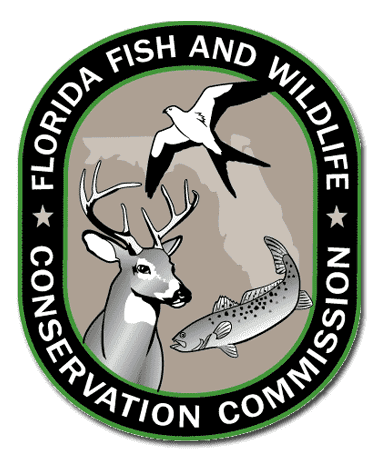Florida’s Kissimmee Chain of Lakes Invasive Plant Management Meeting is June 26

Managing aquatic plants in the Kissimmee Chain of Lakes is the topic of a June 26 public meeting hosted by the Florida Fish and Wildlife Conservation Commission (FWC). The meeting, in Kissimmee, is from 6-8 p.m. in the fourth-floor County Commission Chambers, Osceola County Administration Building, 1 Courthouse Square.
“In this continuing series of public meetings, we want to know what business owners, property owners, anglers, hunters, bird watchers, airboaters and others who have a vested interest in the chain of lakes think,” said Ed Harris, FWC invasive plant management biologist. “We want people to get and stay involved.”
The goal of this meeting is to provide updates, answer questions and receive public input on current hydrilla management, emergent habitat management and snail kite nesting.
Public input from the wide variety of user groups on the Kissimmee Chain of Lakes, which includes lakes Kissimmee, Hatchineha, Cypress, Jackson, Tohopekaliga and East Lake Tohopekaliga, is critical to create a well-balanced approach to managing hydrilla and other invasive aquatic plants.
“This is part of our ongoing process that will maintain a regular dialogue with stakeholders about aquatic plant management on the Kissimmee Chain. We hope everyone interested in aquatic plant management efforts will attend this meeting and provide input,” Harris said.
For more details about the meeting, contact Ed Harris at 407-858-6170.

